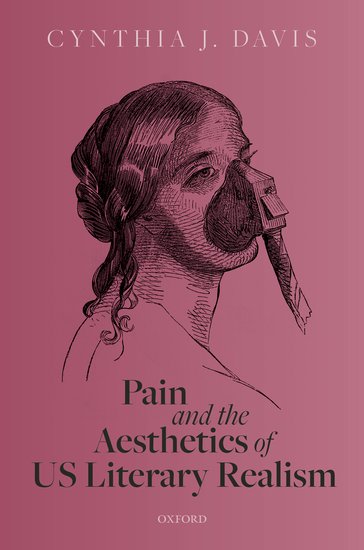


Demonstrates the importance of physical pain to late-nineteenth century aesthetic sensibilities and, in particular, to American literary realism with a focus on the work of William Dean Howells, Henry James, Edith Wharton, Mark Twain, and Charles Chesnutt.
Levertijd: 5 tot 10 werkdagen
The postbellum period saw many privileged Americans pursuing a civilized ideal premised on insulation from pain. Medico-scientific advances in anesthetics and analgesics and emergent religious sects like Christian Science made pain avoidance seem newly possible. The upper classes could increasingly afford to distance themselves from the suffering they claimed to feel more exquisitely than did their supposedly less refined contemporaries and antecedents. The five US literary realists examined in this study resisted this contemporary revulsion from pain without going so far as to join those who celebrated suffering for its invigorating effects. William Dean Howells, Henry James, Edith Wharton, Mark Twain, and Charles Chesnutt embraced the concept of a heightened sensitivity to pain as a consequence of the civilizing process but departed from their peers by delineating alternative definitions of a superior sensibility indebted to suffering. Although the treatment of pain in other influential nineteenth century literary modes including sentimentalism and naturalism has attracted ample scholarly attention, this book offers the first sustained analysis of pain's importance to US literary realism as practiced by five of its most influential proponents.